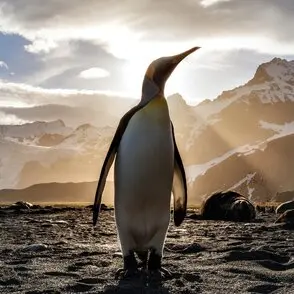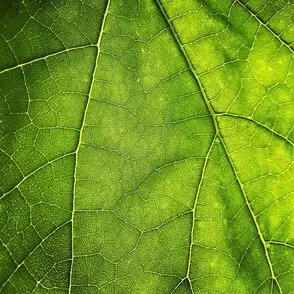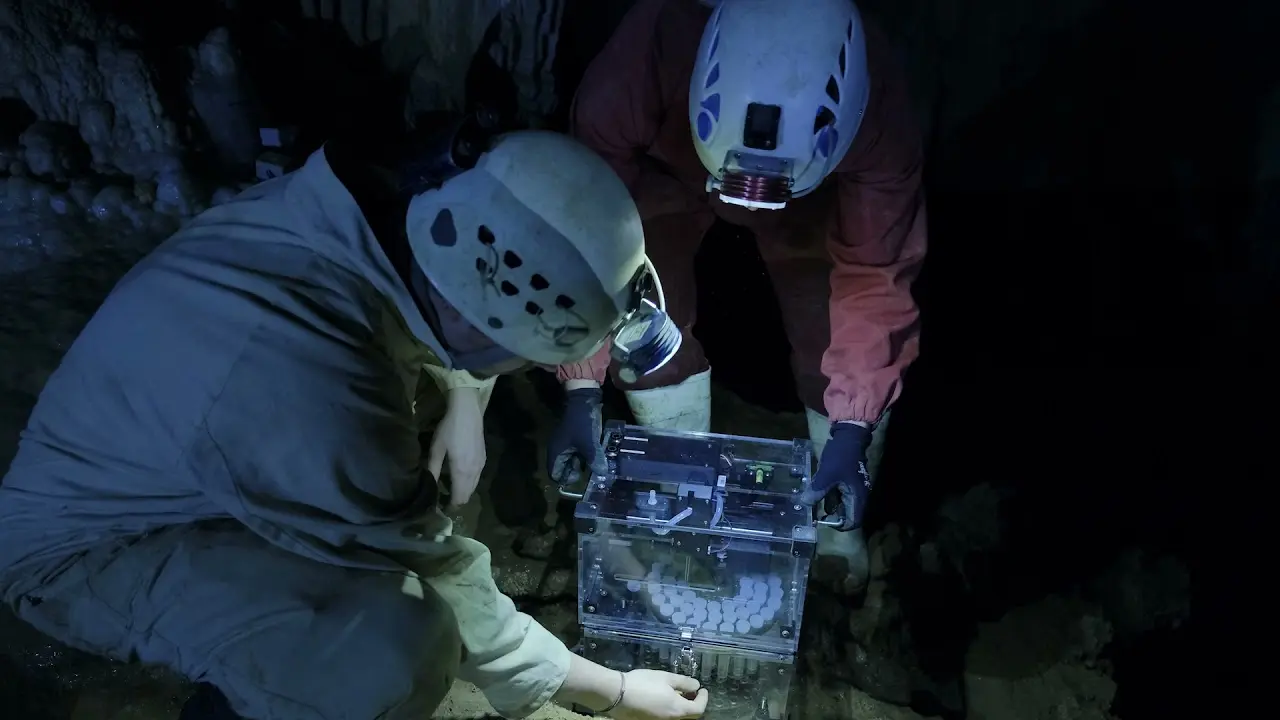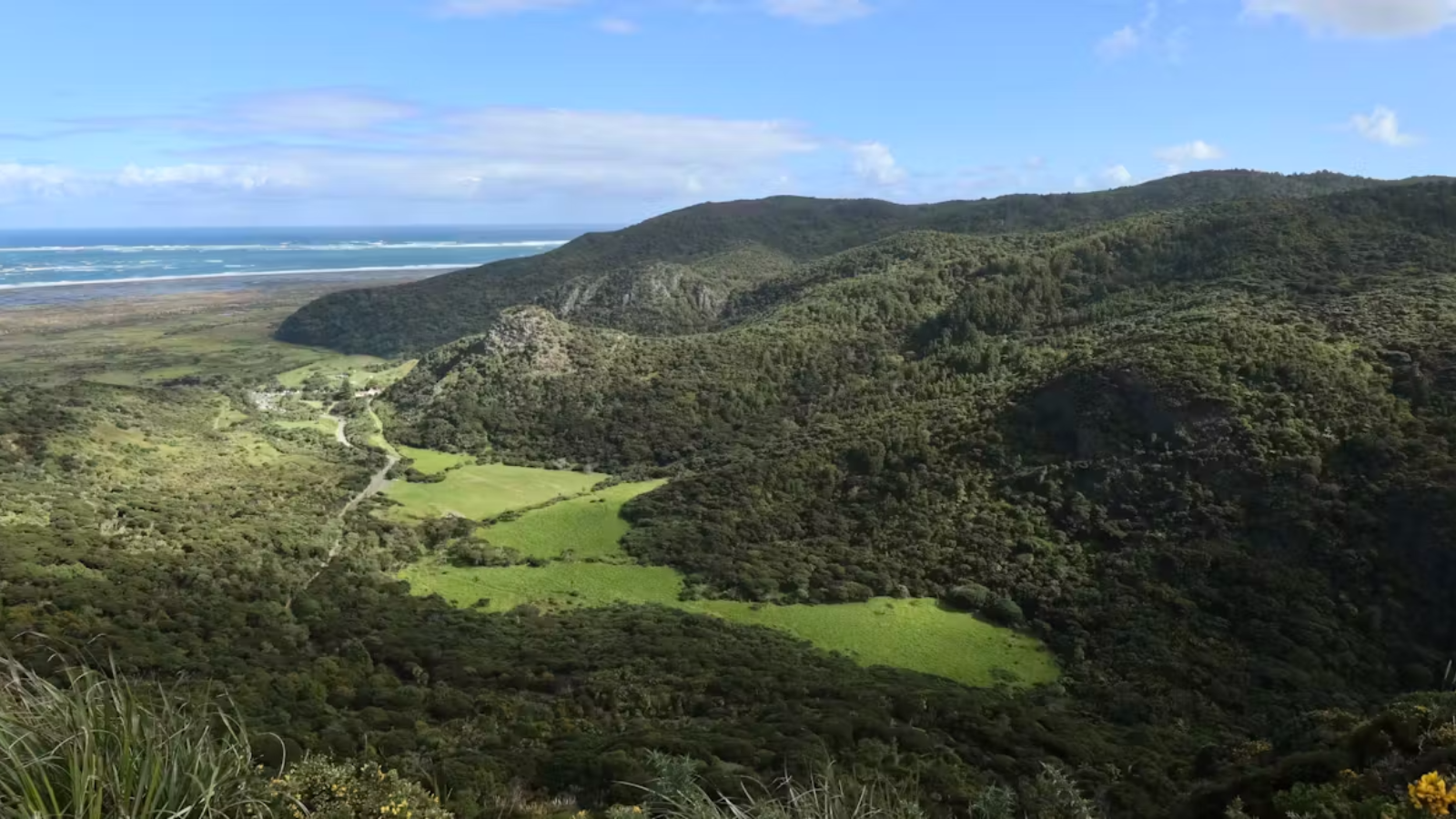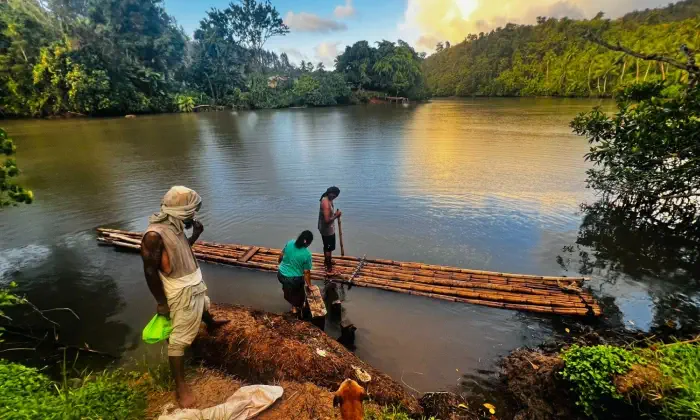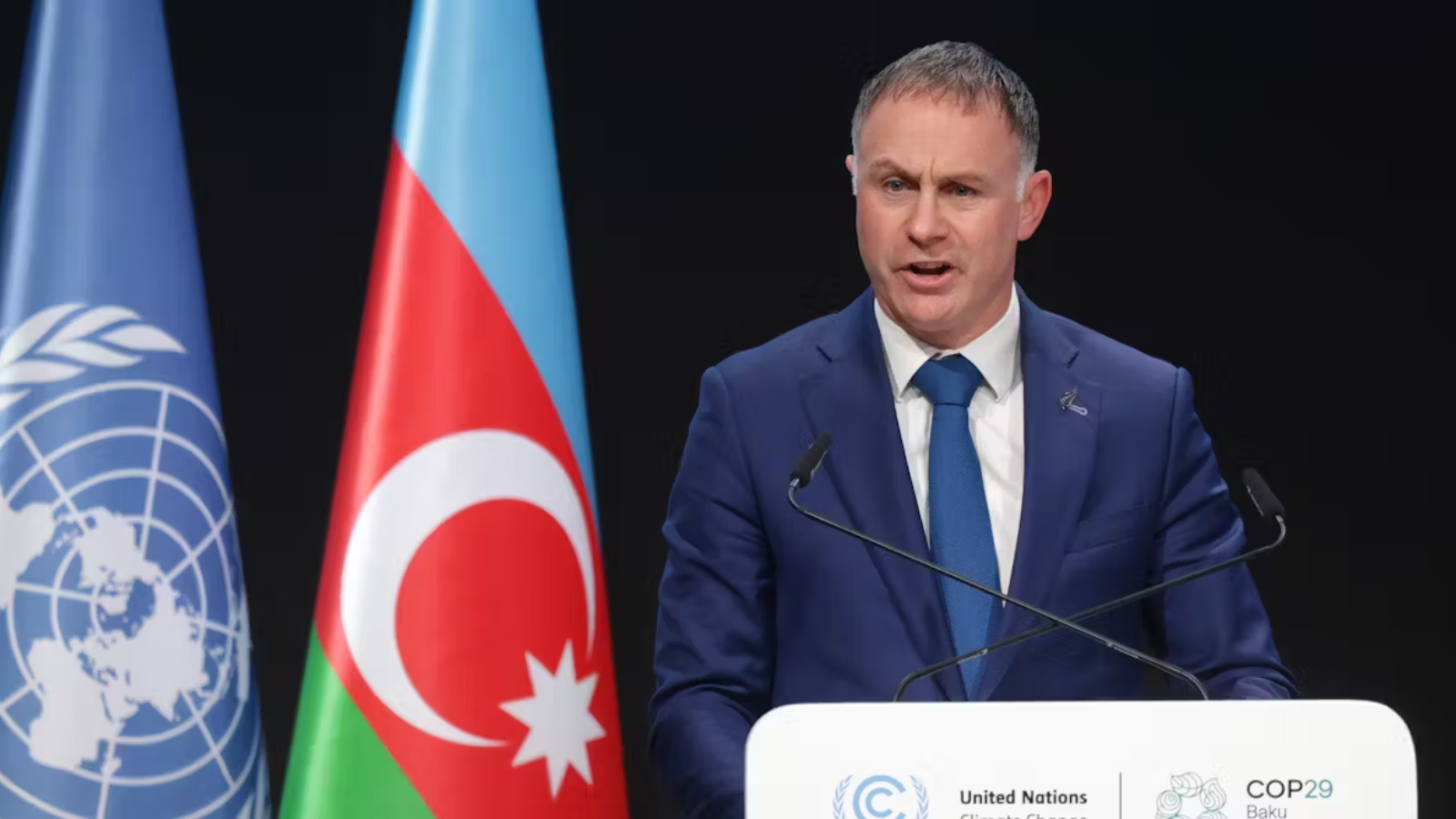As more communities have to consider relocation, we explore what happens to the land after people leave
New research from Dr Christina Hanna and her colleagues in environmental planning brings a new perspective to managed retreat - what happens to the places we retreat from. They explore this idea in this piece for The Conversation.

